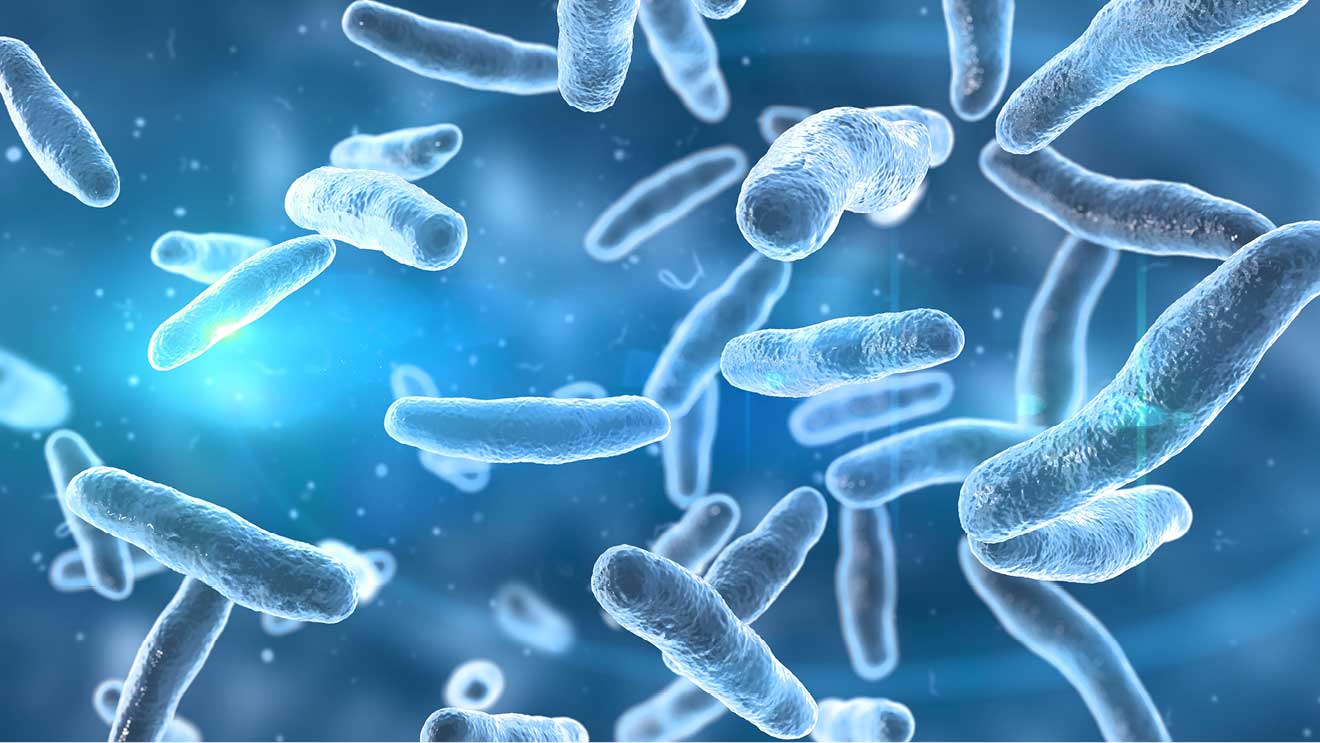The gastrointestinal tract is a particularly complex system composed of organs and structures that are responsible for the intake, processing and absorption of food and the elimination of undigested food parts (residues).
A dysbiosis of the intestinal microbiome, i.e. an alteration or lack of homeostasis of the microbiota, is the actual cause of numerous gastrointestinal diseases, in particular: colorectal cancer (CRC) and inflammatory bowel disease (IBD) . (O'Keefe et al., 2009; Zhu et al., 2011; Ohigashi et al., 2013., Yang et al., 2013; Gao et al., 2015; Yuan et al., unpublished)
A study carried out by Carlotta De Filippo, lead researcher at the National Research Council, on intestinal microbial composition took two groups of different subjects as a sample: European children and African children.
From this study it emerged that in African children, also thanks to a rural diet rich in fibre, there is an abundance of Bacteroidetes and a major decrease in Firmicutes compared to the group of European children. Furthermore, it emerged that there is a greater production of short-chain fatty acids (SCFAs) in the group of African children compared to the group of European children. (De Filippo et al., 2010)
Again from this study it was then demonstrated how the Enterobacteriaceae (Shigella and Escherichia) were higher in European children than in African children (DeFilippo et al., 2010). This abundance of Enterobacteriaceae increases one of the genes associated with IBD, and it is precisely this fact that could well explain the higher presence of IBD in Europe compared to that present in Africa. (Farrokhyar et al., 2001; Knights et al., 2014)

As mentioned above, gut microbial composition is also a common factor in colorectal cancer (CRC). According to a study carried out by Gao et al. it has been demonstrated that in CRC patients there was a higher level of Firmicutes and Fusobacteria, but at the same time a lower abundance of Proteobacteria (Gao et al., 2015).
Members of the Fusobacteria have been identified as pro-inflammatory (Kostic et al., 2013; Patel et al., 2016).
Furthermore, it is important to highlight the fact that the gut microbiota influences the host via the immune system (or metabolism). The most commonly studied and known metabolite is the butyrate .
Butyrate is a short-chain fatty acid (SCFA) that is an inhibitor of histone deacetylase (HDAC), the greatest inhibitor of all.
According to a study carried out by Ohigashi et al. it was demonstrated that SCFAs (acetic acid, propionic acid and butyric acid) were significantly decreased in the CRC group vs controls (Ohigashi et al., 2013).
Overall, therefore, it will be necessary to pay attention to the roles that the microbiota plays in the regulation of immune responses and in the genesis of tumors in the gastrointestinal tract for the prevention of these diseases.
BIBLIOGRAPHY:
– De Filippo et al., 2010
– Farrokhyar et al., 2001
– Gao et al., 2015
– Kostic et al., 2013
– Knights et al., 2014
– O'Keefe et al., 2009
– Ohigashi et al., 2013
– Patel et al., 2016
– Yang et al., 2013
– Yuan et al., unpublished
– Zhu et al., 2011



